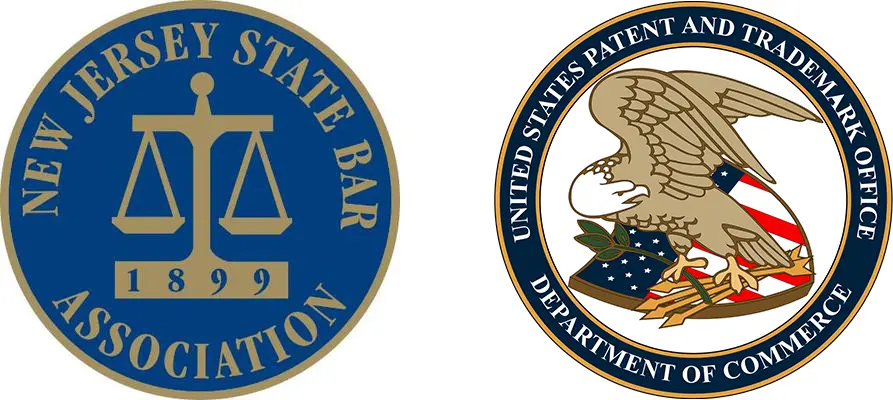What is the difference between a trademark and a copyright?
February 20th, 2014 by Thomas J GerminarioA copyright, denoted by a © symbol, applies to original creative works such as music, movies, photographs, poems and so on, regardless of whether they are published or unpublished. Copyright protection begins from the moment of creation, and doesn’t require filing with the Copyright Office. However, filing a copyright with the Copyright Office does allow you to bring a lawsuit in the case of copyright infringement, and provides you evidence in a court of law that you do, in fact, possess rights to your copyrighted work.
A trademark doesn’t apply to authored works of creativity, but only to words, phrases, designs and symbols used for commercial purposes. Creative designs, names or slogans for marketing purposes are trademarked, not copyrighted. The trademark process is more competitive and trademarking is not automatic, and there are more restrictions on what can qualify for a trademark than for a copyright. To register a trademark, a creator or business must apply to the United States Patent and Trademark Office (USPTO) demonstrating the uniqueness of their work – something an experienced trademark attorney can assist with.

